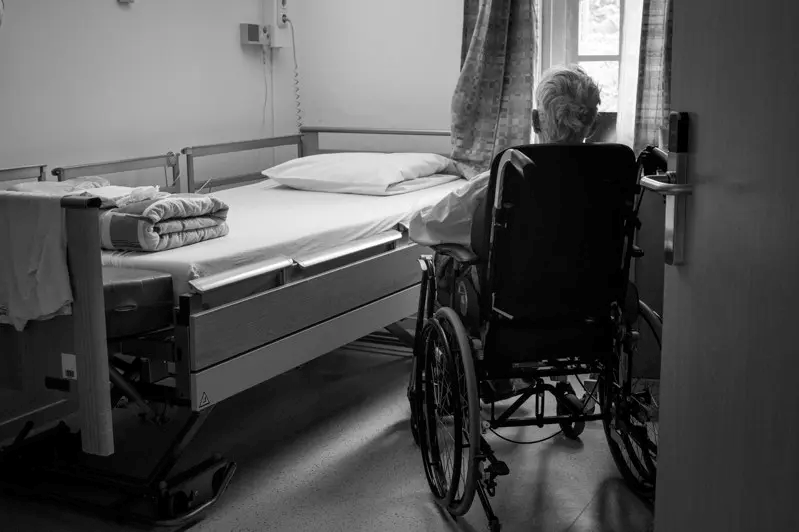
Brett Arends, a columnist for the financial website MarketWatch, wrote that nursing homes may begin to sedate the elderly when they are short-staffed, that is, to use “chemical restraint” to control the behavior of residents; according to the latest research from the Wharton School of the University of Pennsylvania, an estimated 24,000 elderly people in nursing homes may be sedated.
A few days ago, Arends wrote in his column that the Pension Research Council of the Wharton School of the University of Pennsylvania released a latest research report, saying that if the nursing staffing bill during former President Biden’s administration had not been rejected earlier this year, the risk of elderly people in nursing homes being subjected to “chemical restraint” would be reduced by about 10%.
Researchers Jong Meong Lim, Ken Moon, and Minje Park used the Freedom of Information Act to obtain data on the human resources deployment and antipsychotic drug use of more than 16,000 nursing homes nationwide between 2012 and 2021 from the Centers for Medicare and Medicaid Services (CMS). The results showed that the human resources deployment of nursing homes significantly affected the use of antipsychotic drugs such as tranquilizers in nursing homes.
The researchers pointed out that after excluding variables such as resident characteristics, zip code, and nursing home characteristics, statistics show that the more time nursing home residents receive care from nursing staff every day, the higher the daily care hours (HPRD) of residents, the fewer nursing home residents using antipsychotic drugs by an average of 6.039.
The report pointed out that elderly people who receive “chemical restraints” need less care, so nursing homes can hire fewer caregivers; for-profit nursing homes are most likely to use “chemical restraints” on the elderly.
The Biden administration introduced a bill in 2024 that requires nursing home residents to receive minimum standards of nursing staffing, but the bill was blocked by the court earlier this year due to opposition from nursing home operators and political allies. The passage of the “Big, Beautiful Act” puts an end to the nursing home nursing staffing regulations.
Wen Jian, a professor at the Johnson School of Business at Cornell University and co-author of the research report, pointed out that the Trump administration’s immigration deportation actions have made it difficult to find nursing home staff, and there may be more nursing home residents who are “chemically restrained” than 24,000.




